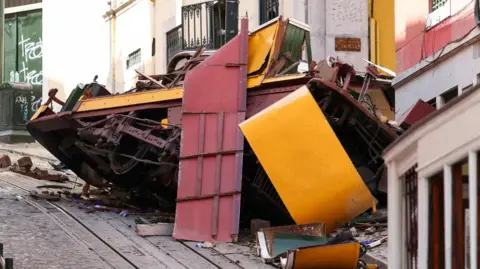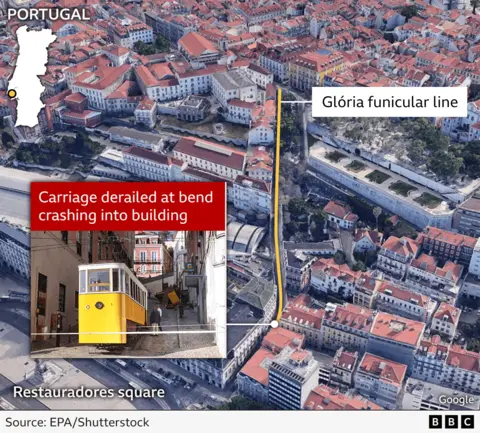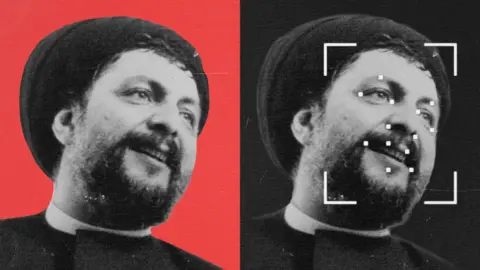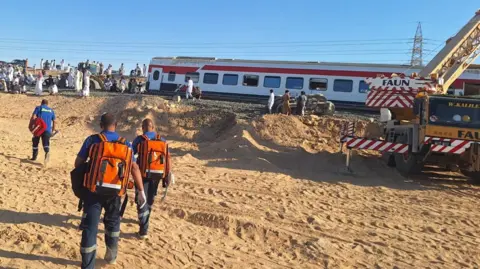The ill-fated flight experienced a bird strike as it neared landing, prompting the crew to issue a mayday alert. Unfortunately, attempts to land the aircraft from an alternate direction culminated in a disastrous belly landing—without the deployment of landing gear—resulting in the plane skidding off the runway and colliding with a concrete barrier.
Details from South Korea's Aviation and Railway Accident Investigation Board reveal that the pilot mistakenly disabled the left engine, which was operational, instead of the right one, which had sustained damage from the bird impact. However, the families of those lost in the crash argue that there are critical aspects missing from this conclusion, particularly the existence of the concrete barrier at the end of the runway, which they believe significantly exacerbated the tragedy.
In a statement, bereaved families expressed their dissatisfaction, demanding a thorough and transparent review of the incident and called for a press briefing only after a complete investigation. Additionally, the Jeju Air pilots' union criticized the focus on perceived pilot errors in the report, insisting that other factors were equally culpable.
Amid these developments, it was reported that South Korea's transport ministry plans to remove similar concrete barriers from seven other airports to enhance safety. The fallout from this tragedy continues as families have filed a criminal complaint against Jeju Air CEO Kim E-bae, who is among 24 individuals under investigation related to the accident.
The investigation has drawn intense public interest in South Korea, where aviation disasters have profound implications for airline safety and operational procedures.
Details from South Korea's Aviation and Railway Accident Investigation Board reveal that the pilot mistakenly disabled the left engine, which was operational, instead of the right one, which had sustained damage from the bird impact. However, the families of those lost in the crash argue that there are critical aspects missing from this conclusion, particularly the existence of the concrete barrier at the end of the runway, which they believe significantly exacerbated the tragedy.
In a statement, bereaved families expressed their dissatisfaction, demanding a thorough and transparent review of the incident and called for a press briefing only after a complete investigation. Additionally, the Jeju Air pilots' union criticized the focus on perceived pilot errors in the report, insisting that other factors were equally culpable.
Amid these developments, it was reported that South Korea's transport ministry plans to remove similar concrete barriers from seven other airports to enhance safety. The fallout from this tragedy continues as families have filed a criminal complaint against Jeju Air CEO Kim E-bae, who is among 24 individuals under investigation related to the accident.
The investigation has drawn intense public interest in South Korea, where aviation disasters have profound implications for airline safety and operational procedures.





















